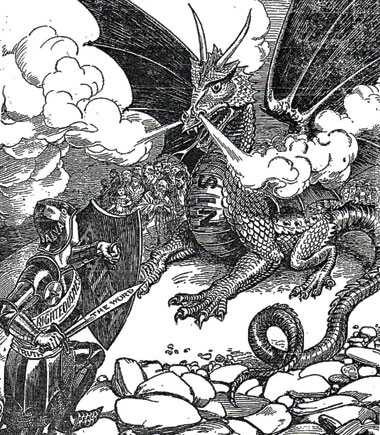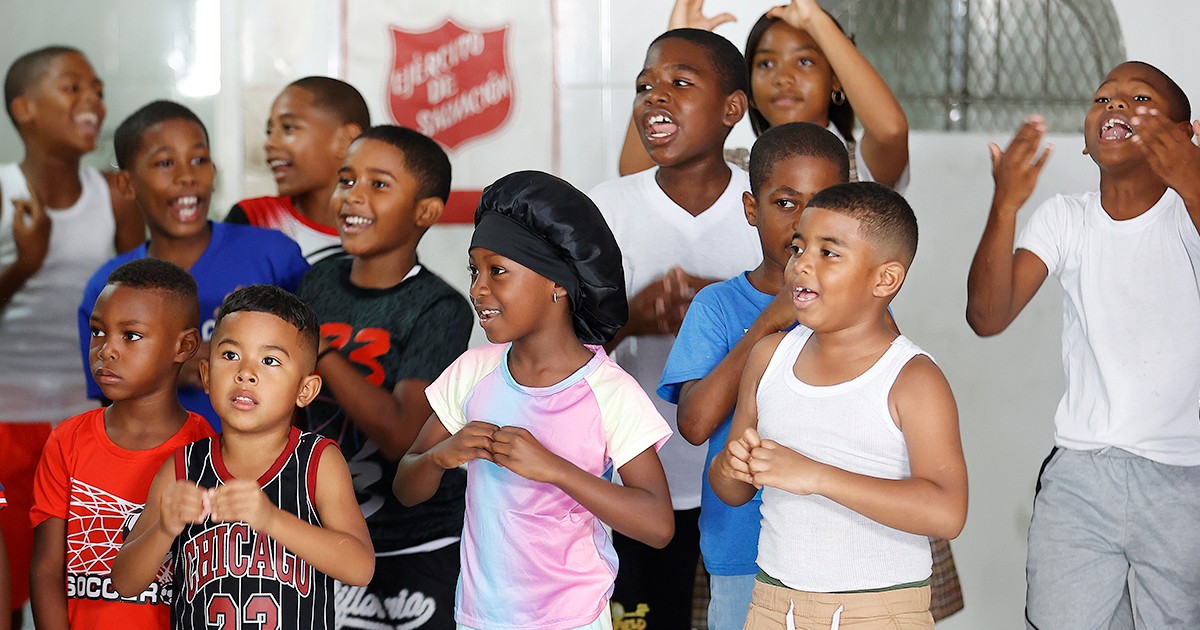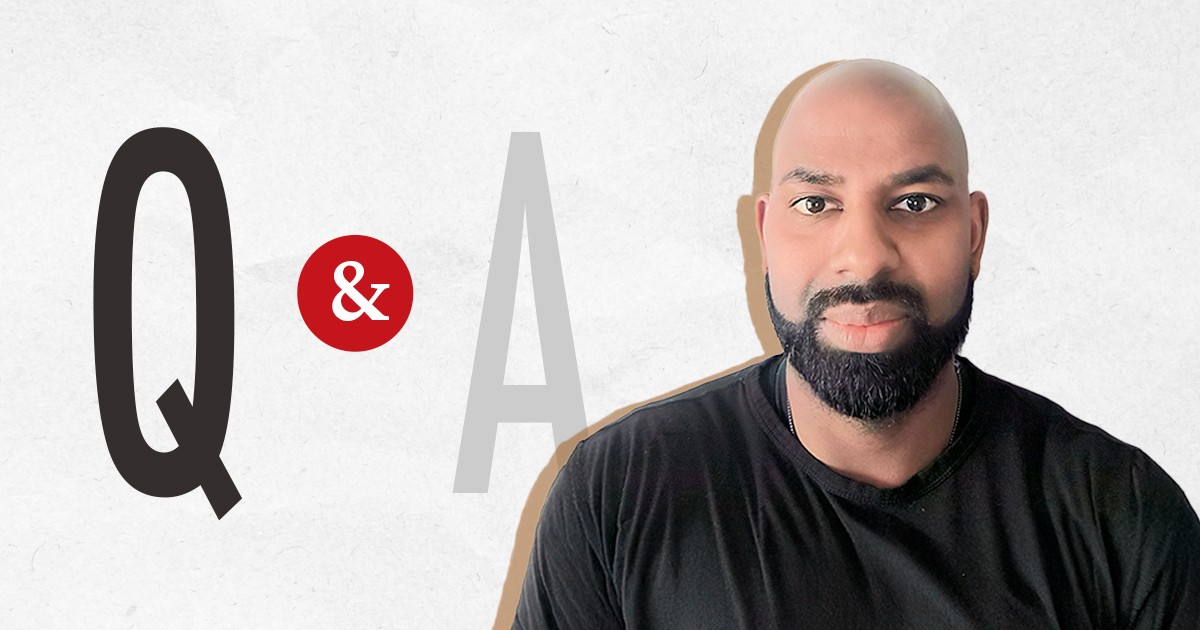 Graphic taken from the cover of the May 28, 1921, issue of the Canadian War Cry
Graphic taken from the cover of the May 28, 1921, issue of the Canadian War Cry
When my eldest son was four, he was interested in superheroes. So, when we saw an old War Cry that featured an image of a Salvation Amy soldier armed with a sword fighting an evil dragon, we used it to explain to him how Salvation Soldier was the best superhero of all. However, my son was quick to point out that the Salvation Soldier image was in black and white and must be very old. “There is no more Salvation Soldier,” he declared.
“But I'm Salvation Soldier!” responded my husband.
“You're not Salvation Soldier,” said my son. “You just dress like him.”
A few years ago, I ministered on the streets of Vancouver's Downtown Eastside, which is Canada's poorest postal code. With its display of drug use, prostitution, violence and poverty, it was an affront to our sense of a clean and safe Canada. Just being in the presence of that kind of darkness seemed unsafe. But God had unmistakably called us to be present in the darkness as a witness to the power of his light. We were to dispel the dark fear that permeated the area.
Fear of the dark seems to keep many of God's people from working in that neighbourhood and communities like it across the globe. Instead, believers huddle in safe cathedrals or comfortable meeting places and pray that God will protect them and their children from the darkness.
The problem with this comes as we wrestle with God's Word throughout history. What does the Incarnation of Jesus in the form of a baby during one of Israel's darkest moments mean for us today? What does it mean for our own calling and sense of mission as an Army of salvation that is meant to go for souls and go for the worst? To find darkness and banish it from the earth?
The Salvation Army wasn't created to respond to need; it was founded to aggressively seek it out. To find the lost and broken. To find the darkness and dispel it by being present with light, hope and power to break the bonds of wickedness and the chains of injustice.
I remember one particular walk in which we were accompanied by some senior and experienced officers who wanted to see what the Army was doing in our area. One of them asked, “What is your safety plan?”
As I floundered for an answer, my divisional commander stepped in. “It's the same plan as the fire department's,” he said. “We are rescuing people, so when we see something on fire we do exactly what professional firefighters do—we charge in! We get in as fast as we can and rescue as many as we can from the fires of hell, injustice, poverty, prostitution, rape, violence and despair.”
Everything got a bit quiet. The visitor then asked, “But isn't this dangerous? Isn't this unsafe?”
The answer, of course, is yes. And that's awkward, unless you believe the gospel.
Jesus never calls us to a safe salvation. In fact, it's the opposite. Following Jesus in the Early Church often meant suffering, persecution and death by violent and dark means. Fear should have motivated the early Christians to stay quiet, lock their doors and pray that God would protect them. Instead, faith drove them out into the darkness and has ever since as the Holy Spirit inspires and empowers believers to let the light shine out of their lives and into the world. This is the calling of Christ.
Perhaps it's time to rescue our salvation message from safety. Embracing risk with faith is how the gospel is made flesh in our day. It's how our witness stays true to form and how people see God's love with skin on. We should live the words of C.T. Studd as he charged with his whole life into global missions: “Some wish to live within the sound of church and chapel bell. I want to run a rescue shop within a yard of hell.”
May God inspire us to seek the salvation of the world. Let's do more than dress like Salvation Soldier and be the heroes of God's Kingdom.
 Together with her husband, Major Stephen Court, Major Danielle Strickland is the corps officer of Edmonton's Crossroads Community Church. She has a personal blog at djstricklandremix.blogspot.com.
Together with her husband, Major Stephen Court, Major Danielle Strickland is the corps officer of Edmonton's Crossroads Community Church. She has a personal blog at djstricklandremix.blogspot.com.









Comment
On Monday, August 13, 2012, Anne Holden said:
Leave a Comment